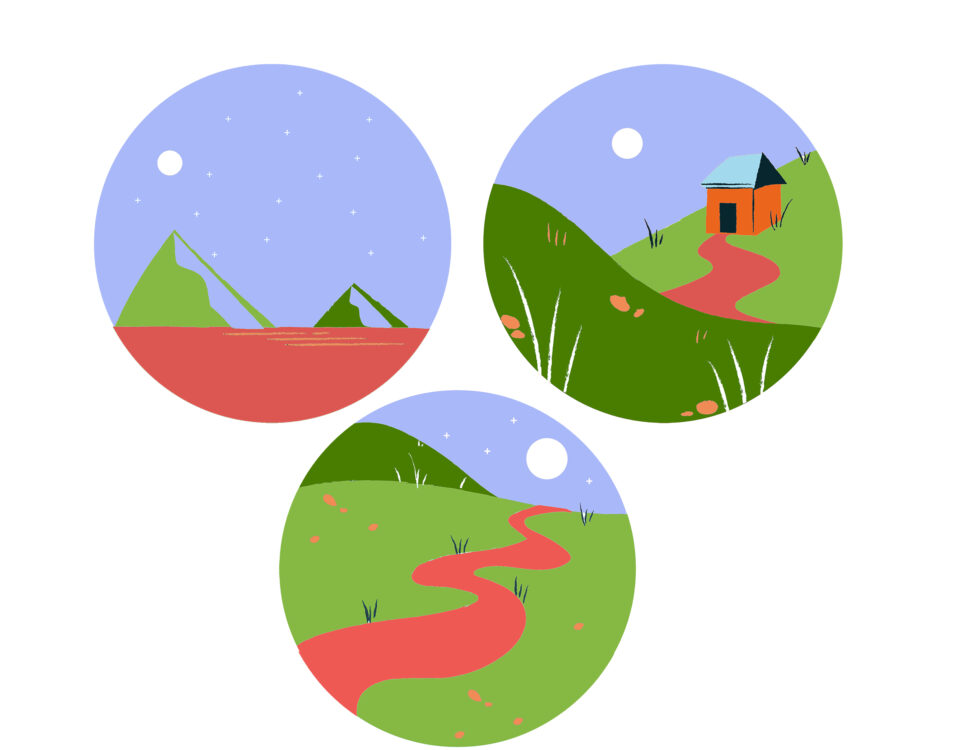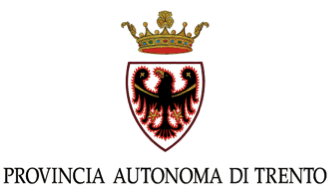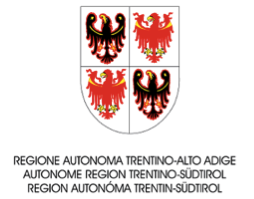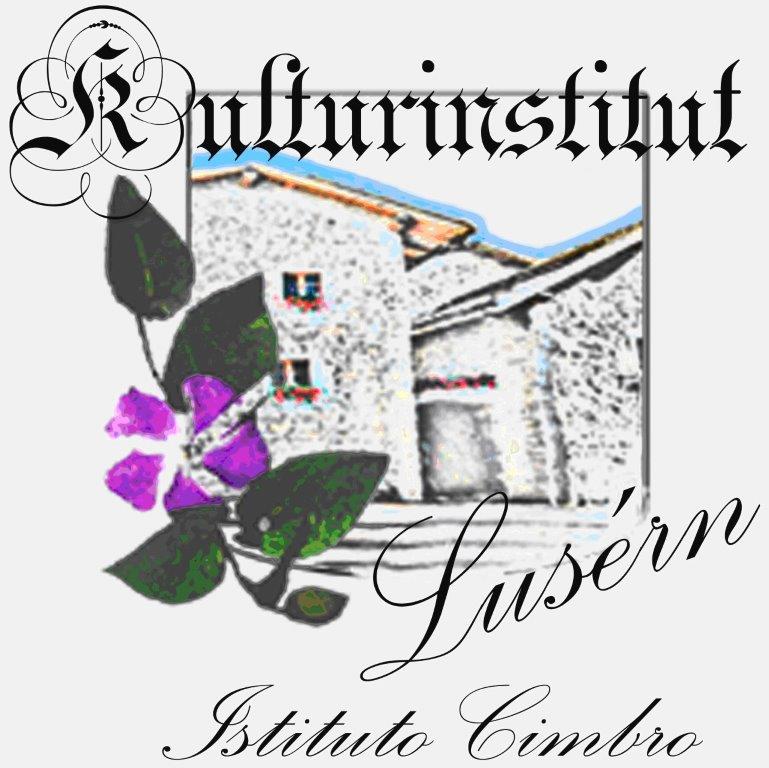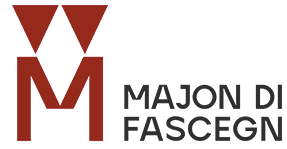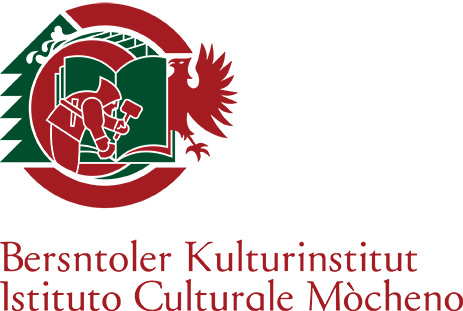—In the Spotlight—

Three Days of Data Collection in Luserna: Some Considerations from a (Socio-) Linguistic Perspective
—Languages Involved—
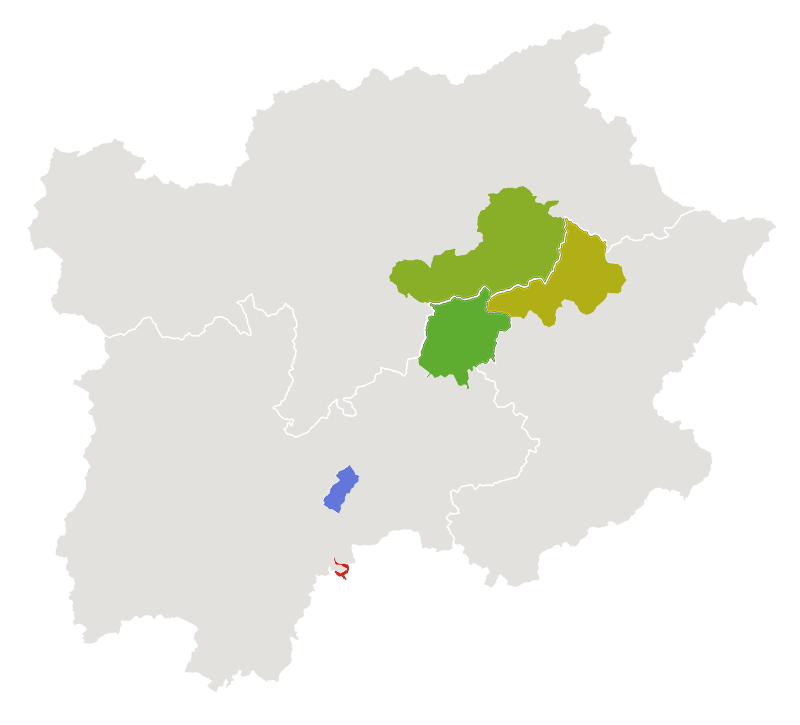
Dolomitic Ladin
Dolomitic Ladin is a group of Rhaeto-Romance varieties with several conservative features, spoken in five alpine valleys around the Sella massif in the Dolomites: Val Gardena/Gherdëina and Val Badia in the province of Bolzano/Bozen, Val di Fassa/Fascia in the province of Trento, and Livinallongo/Fodom, Colle Santa Lucia/Col, and Ampezzo/Anpezo in the province of Belluno. Read more

Before being a place or country, we are all inhabitants of a language. It is that, above all else, which shapes and which defines us. When a language dies, a world dies too. When a language resists, diversity, multiplicity, and the richness of human being resist as well.
Gianni Biondillo

These sounds evoke in me emotions that only exist because of my language. The world would not be the same if I could not express it in these words and through this music.
Aline Suter

Languages are like canaries in a coal mine: a state of language endangerment signals an environmental concern.
Nettle & Romaine

For every language that becomes extinct, an image of man disappears.
Octavio Paz

When a language dies, a way of understanding the world dies with it, a way of looking at the world.
George Steiner

I speak my favourite language, because that’s who I am. We teach our children our favourite language, because we want them to know who they are.
Christine Johnson

If you talk to a man in a language he understands, that goes to his head. If you talk to him in his own language, that goes to his heart.
Nelson Mandela

How many languages can a child learn? As many as you will take the time to teach them.
Jim Rohn
—What does CLaM 2021 stand for?—

The CLaM 2021 research project (Cimbrian, Ladin, Mòcheno 2021) focuses on examining language usage practices and attitudes towards minority languages among residents of the linguistic minority municipalities in the Adige region.
PROJECT OUTLINE
CLaM 2021 (Cimbrian Ladin Mòcheno 2021) is a sociolinguistic study that explores language usage practices, linguistic competencies, and the attitudes of residents towards the minority languages spoken in the Atesina area's linguistic minority communities.
THE SURVEY
The survey involved the use of a questionnaire with approximately 40 questions presented to the residents of the Cimbrian, Mòcheno, and Ladin communities in Trentino-South Tyrol and Veneto to investigate their language usage practices, competencies, and linguistic attitudes.
ABOUT US
Our group comprises linguists who specialise in sociolinguistics and minority languages, as well as single leaders of Cimbrian, Ladin, and Mòcheno cultural institutes in Trentino, South Tyrol, and Veneto.





